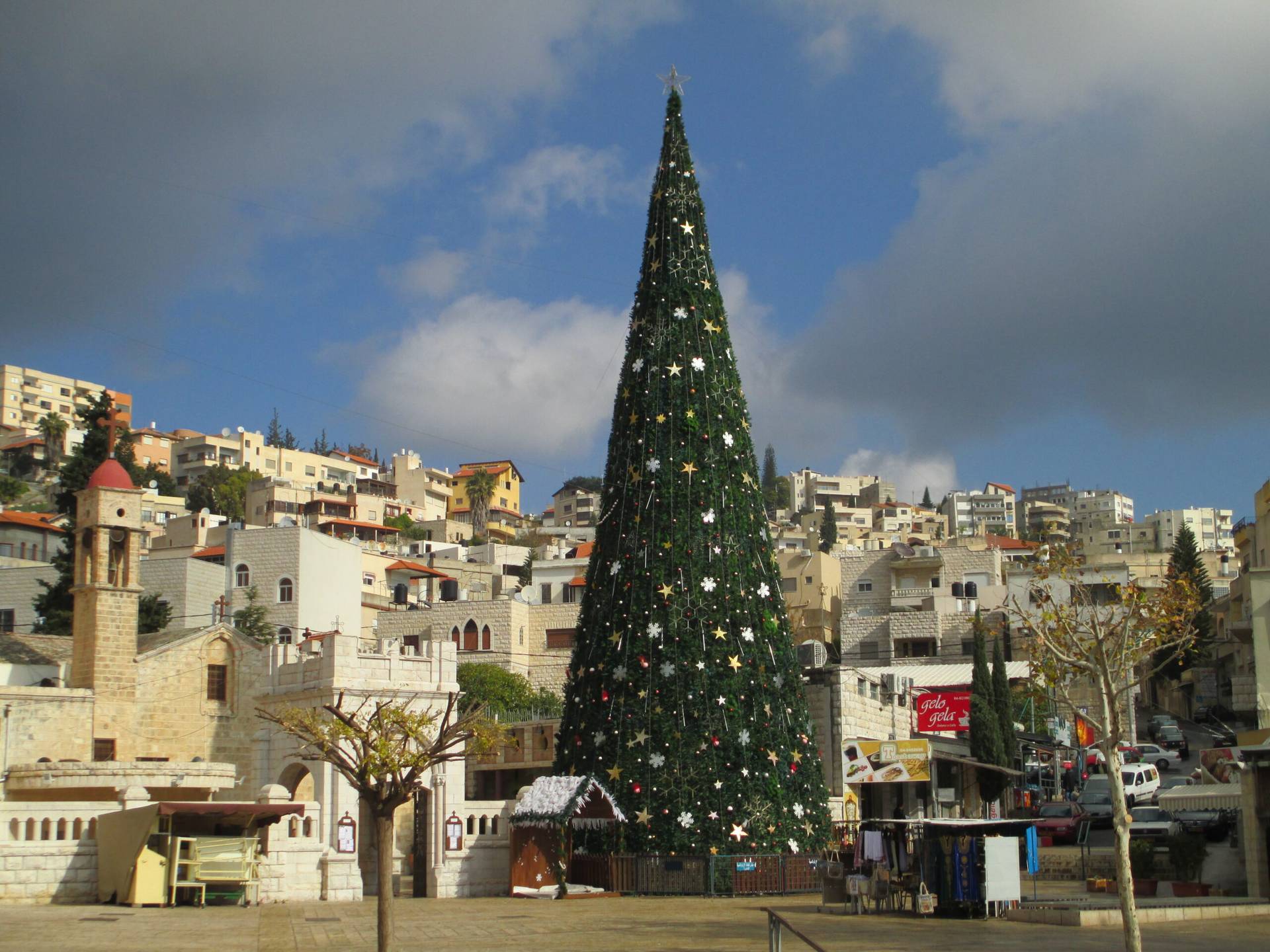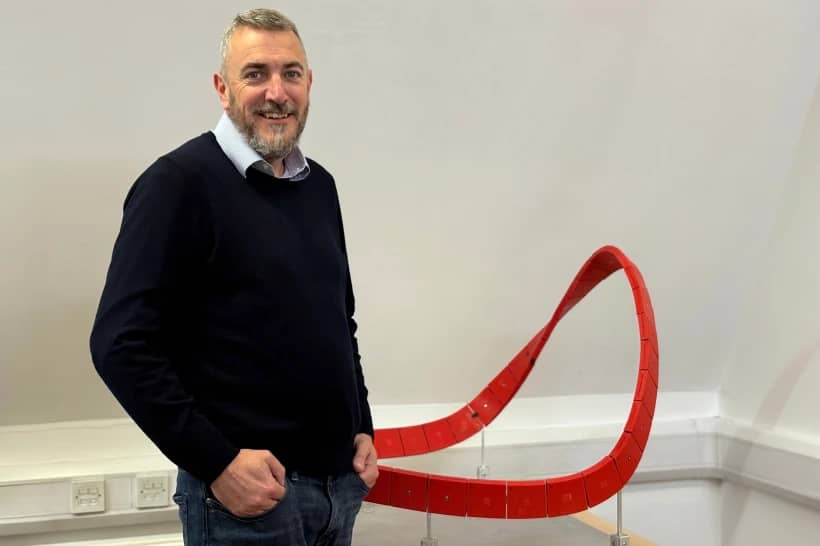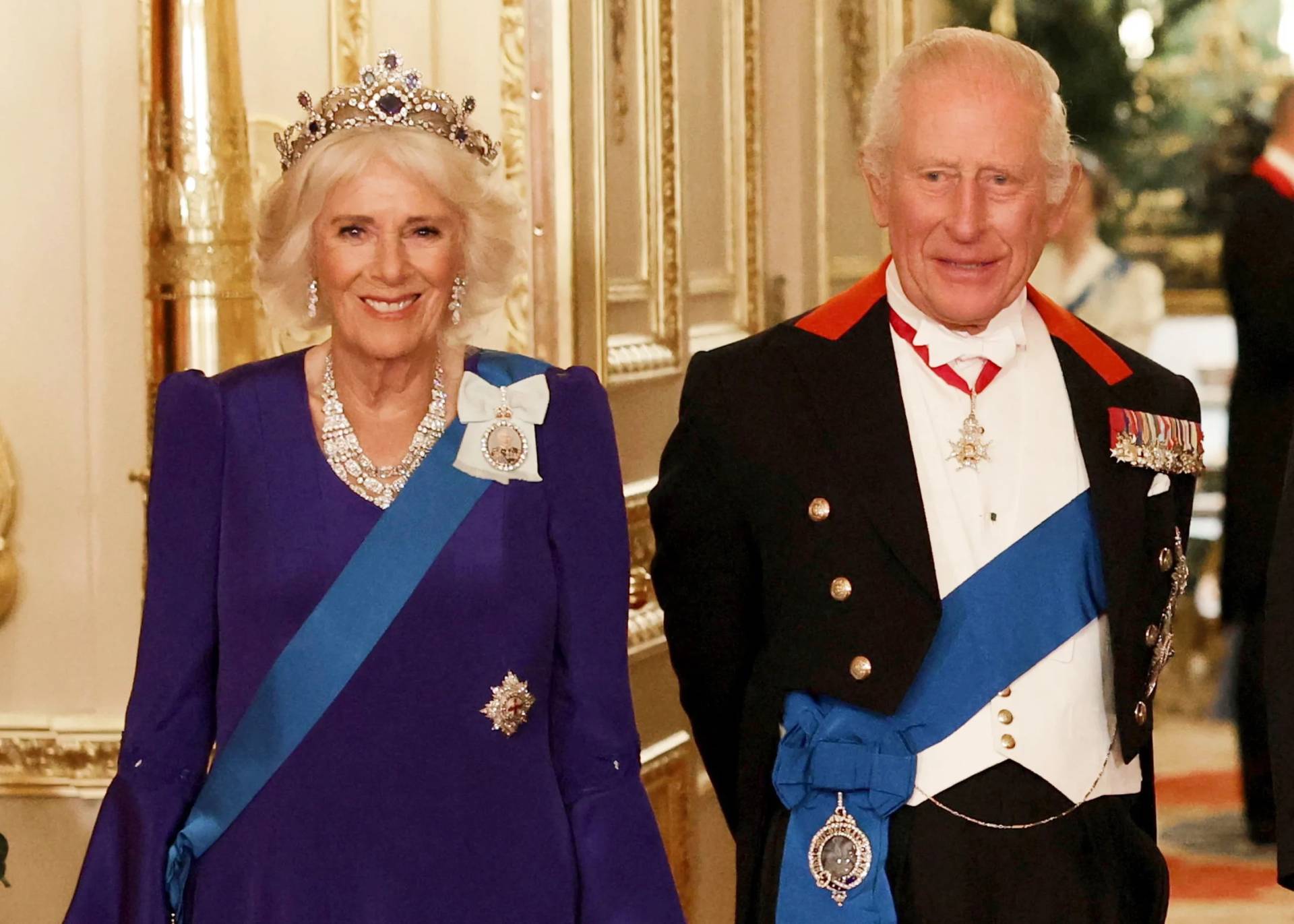LEICESTER, United Kingdom – Ireland’s top prelate called the 1972 Bloody Sunday shootings in Derry “willful murder” on Sunday during a commemoration of the event.
British soldiers shot 28 unarmed demonstrators in Derry, Northern Ireland, on Jan. 30, 1972. Thirteen people died on the day, with one other succumbing to his injuries four months later. Dozens of people were injured, including two who were run over by military vehicles.
Speaking on Sunday in St. Eugene’s cathedral of Derry, Archbishop Eamon Martin is Archbishop of Armagh and Primate of All Ireland said, “Very painfully the Bloody Sunday families were denied for too long the truth about what happened to their loved ones.”
Soldiers claimed they were shooting at gunmen and bomb throwers, but eyewitness testimony and forensic evidence showed all the victims were unarmed. However, a government report issued weeks after the incident backed the soldiers’ account of the massacre.
The event is considered one of the most significant of The Troubles in Northern Ireland – it was the largest mass shooting of the conflict, and the whitewashing of the incident by the British government increased support for the Irish Republican Army.
A 2010 UK government report into the Bloody Sunday shootings reversed the 1972 findings, and instead stated the British soldiers “lost control” and that the marchers did not pose a threat. Then-Prime Minister David Cameron issued an official apology to the victims, calling what happened on Bloody Sunday “both unjustified and unjustifiable. It was wrong.”
Speaking at Sunday’s Mass, Martin said even though he was only ten years old at the time, “I had a sense of the awful calumny that followed Bloody Sunday.”
“I remember we were asked to bring to school our family’s copies of the Derry Journal so that the truth could be sent out and shared around the world. The pain of loss suffered by the Bloody Sunday families continued to be sharpened for many more years by blind eyes, deaf ears and the deliberate concealment of the truth,” he said.
“The horror inflicted on Derry on that day has thankfully been challenged and exposed. We are grateful for the dignity, determination and example of the families, friends and neighbors of those whose lives were so cruelly taken on January 30, 1972, just a short walk from this Cathedral,” the archbishop said.
“The shocked silence which fell on Derry when the shooting stopped around 4.40 pm that afternoon was compounded by the deliberate silence of governments and politicians who willfully ignored the truth. Immediately the priests who had been present, tending to the wounded and dying, and many other eyewitnesses, called it as it was: Willful murder; shooting indiscriminately; no provocation.”
Martin said the 2010 Saville report clearing the marchers of wrongdoing came “too many years” after the event.
“Very painfully the Bloody Sunday families were denied for too long the truth about what happened to their loved ones,” he said. “And sadly, they are not alone.”
The archbishop said a legacy of heartbreak, “and with it, a dark shadow of secrecy, still hangs over much of our troubled past.”
“Many families from right across our communities still endure the anguish of not knowing why, or how their loved ones were killed or injured or punished or targeted or disappeared or defamed or locked up, or interned or otherwise banished. Their unanswered questions linger on, as a constant nagging reminder to the next generation of unfinished business, of a grief that is unsatisfied with silence, a pain that does not go away but lies beneath, an unhealed wound that is passed on to the next generation. It is difficult for them to move on. It is hurtful, as some have proposed, to expect them to simply ‘draw a line’ under the past,” he said.
He was referring to Prime Minister Boris Johnson’s announcement last year that the UK government wants to “draw a line under the Troubles” and issue an amnesty for all crimes committed during the conflict. The proposal has been condemned by leaders in Ireland and Northern Ireland, and has been opposed by the Catholic Church on the island.
“Dealing with the legacy of our past and building meaningful reconciliation is complicated and delicate. As a society we have to find ways to open ourselves to the hidden truths about our past so that proper healing can happen. We have begun to explore and build a shared vision for our future on this island. But if we are to unite hearts and minds and nourish a genuine hope for lasting peace and reconciliation in Ireland, then we have to work together on healing the legacy of our shared past, because peace can only flourish in the light of knowledge, truth and justice,” Martin said.
“We know that peace is so much more than an end to war and conflict. Peace from poverty; peace from hunger; peace for those living on the streets or in camps for migrants; peace of mind and heart for those denied the truth, closure and justice both here and around the world; this is the kind of deep peace we should all strive for today. It is the peace of Christ. Such a gift of peace would be fitting reward for those who marched on that awful day in 1972 – some of them never to march again. May they rest in the peace of the Lord, and may we live in, and build that same peace today,” the archbishop said.
Follow Charles Collins on Twitter: @CharlesinRome
















